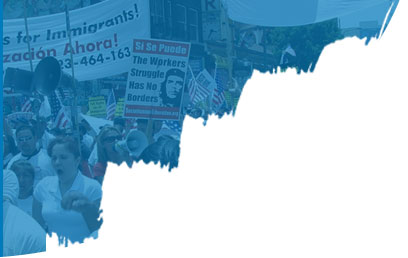
Social Networks Have A Responsibility
On June 25, 2021, the antitrafficking movement took a significant step forward, based on a decision by the Texas Supreme Court. In RE FACEBOOK, INC. AND FACEBOOK, INC. D/B/A INSTAGRAM, RELATORS, the Court held that a social media platform can be held liable for failing to protect users from online predators. The case stemmed from three separate causes of action in which victims, all of whom met their abusers on Facebook, asserted that the social media giant was grossly negligent in its “failure to warn of, or take adequate measures to prevent, sex trafficking on its internet platforms.” The issue before the Court was whether under the Communications Decency Act (CDA) such platforms are not considered “publishers” or “speakers” of posted content. They also claimed that under section 230 of the Act, states and local governments are prohibited from holding them liable.
In 1996, Congress passed the Communications Decency Act, its first move to regulate internet pornography. One the Act’s primary aims was to keep such materials from the eyes of children, yet it did nothing to protect them from predators that use the internet to groom and lure them into prostitution and forced labor. Indeed, in the more than twenty-five years since the Act was passed, the web has become the primary way for traffickers to connect with their victims, with as much as 70% of victims being sold online. Hidden behind their computer screens, predators often pose as peers as they coax information from children to gauge their vulnerability, then entice them with promises of jobs, modeling gigs, and material possessions; they also usually offer affection and refuge from abusive situations in the child’s home.
The Court did not interpret section 230 as holding harmless social media platforms, noting that it does not “create a lawless no-man’s-land on the Internet”; nor does it rob states of their power to go after websites that either participate in trafficking or are aware that it’s going on and don’t act to prevent it. In fact, a 2018 amendment specifically addressed this issue, stating that states, as well as the federal government, could hold such sites civilly liable.
While rulings like this are clearly a victory, the internet remains a double-edged sword as both a tool for social justice and a hunting ground for those who prey on the most vulnerable in our society. And, given its very nature and its vastness, it will continue to be difficult to regulate, with new traffickers taking the place of each one that’s apprehended. Bottom line: to win this fight we must work not only collectively but individually, with each of us doing our part to increase awareness and follow our instincts when we notice suspicious activity in our communities, both virtually and in person.
